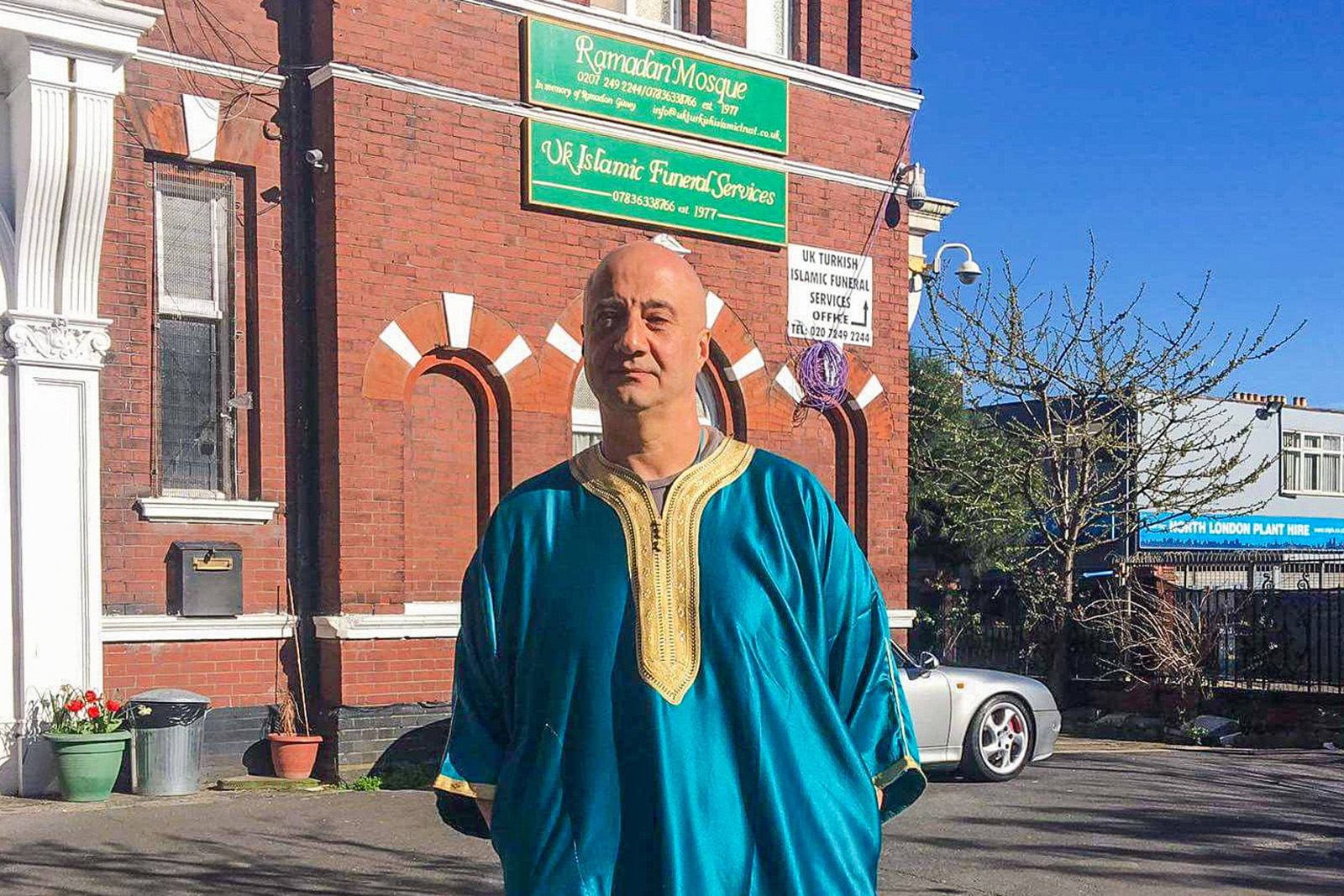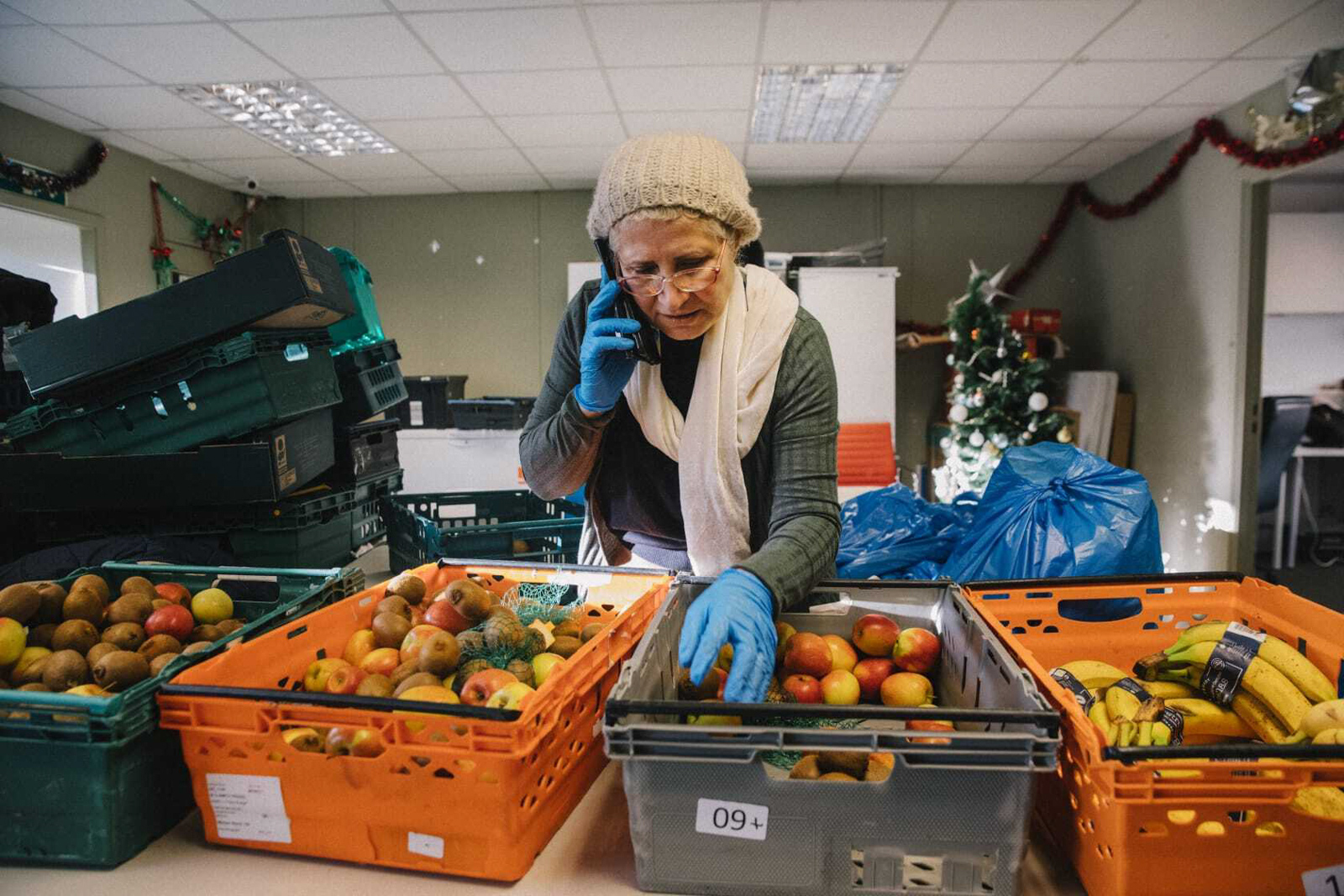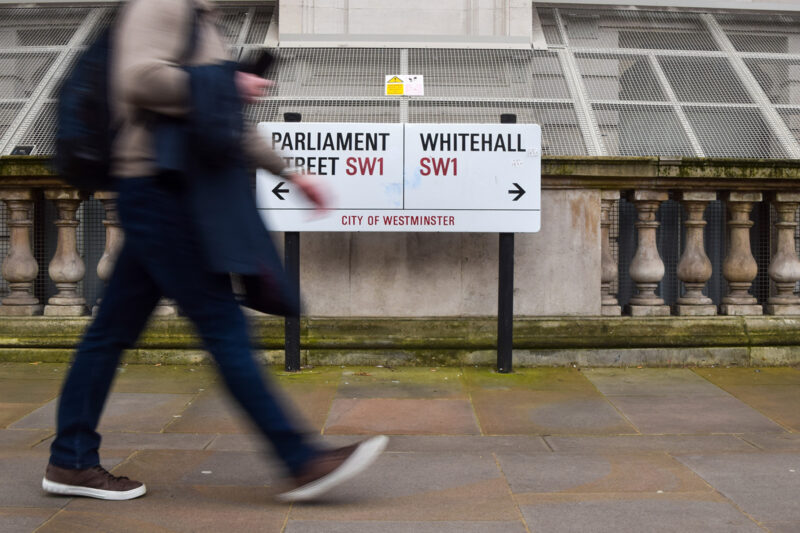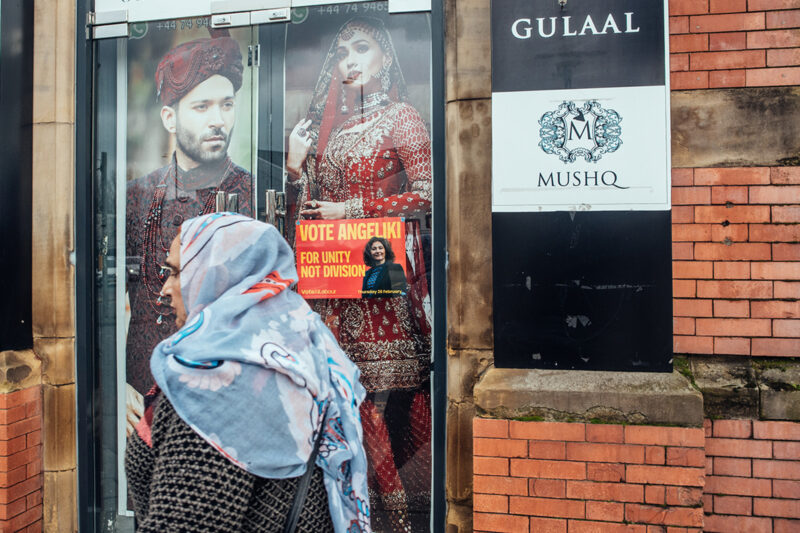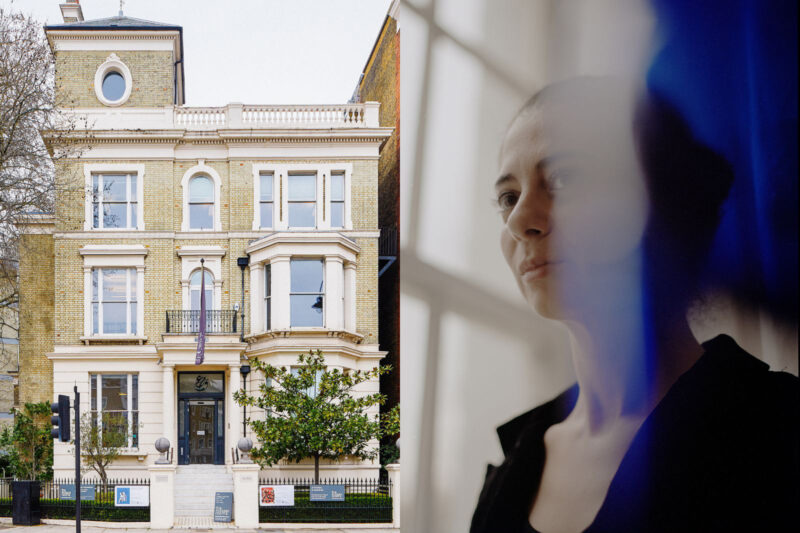Mosques don’t spend enough on imams and teachers, experts warn
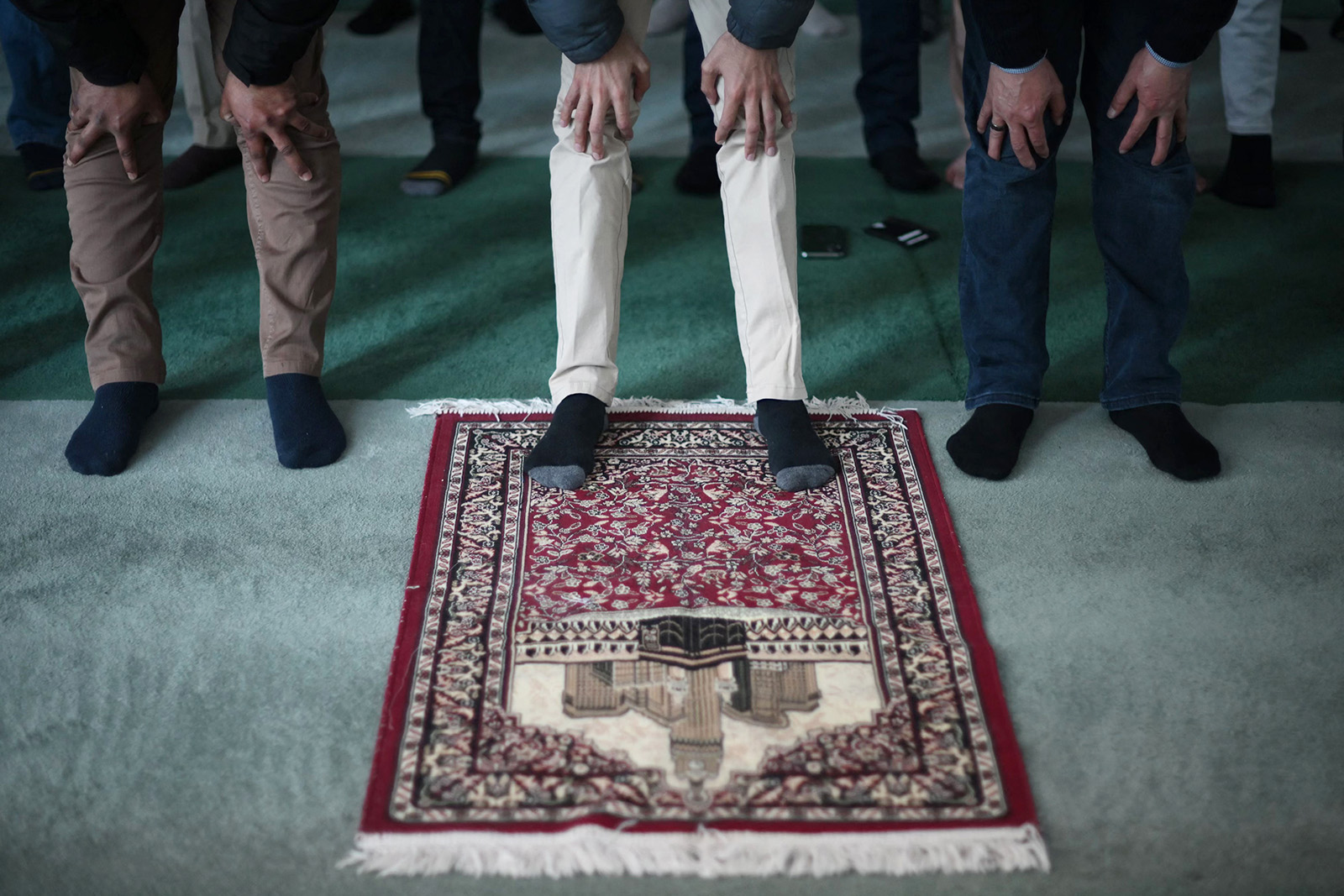
Report by the Ayaan Institute thinktank finds 55% of mosque staff are unpaid despite sector’s rising income and £1.5bn in assets
Britain’s mosques are asset-rich and playing an increasingly visible role in their communities — but a new report warns many still aren’t investing enough in the people needed to run them.
A landmark study on mosques in Britain by the Ayaan Institute thinktank has revealed that 55% of mosque staff are volunteers, rising to 86% when taking into account trustees — despite the sector holding an estimated £1.5bn in assets and experiencing a nearly 40% rise in income between 2020 and 2023. The reliance on unpaid labour means many mosques lack trained imams, teachers and counsellors, roles that experts say are key to meeting the needs of congregations.
“There’s a clear need for trained staff,” said Jahangir Mohammed, the report’s lead author and director of the Ayaan Institute. “Increasingly, there are pressures with regulatory issues and dealing with the hostile media, the far right and protests — all that requires a level of skill and professionalism.”
He noted that cultural attitudes can also be a barrier. “There is an attitude that this is God’s work and you really shouldn’t be paid for it, that you should be doing this work for free and God’ll reward you in the next world.”
But Mohammed argues that this mindset is unsustainable, and that roles such as counselling, safeguarding and youth work require skills volunteers cannot always provide.
“Mosques have to abide by health and safety, safeguarding and employment laws,” he said. “It all requires a level of education and knowledge, as well as training.”
For Shaukat Warraich, chief executive of Beacon Mosque, the issue is partly generational. The organisation, set up by Faith Associates, works with mosques across the UK to deliver training, leadership development, staffing and an annual awards event to showcase best practice.
“Our elders did a great job in building the hardware,” he said. “They were very good at expanding, but they don’t know how to run these buildings.”
Through Beacon Mosque, Warraich has trained more than 5,000 leaders in governance, leadership and operations, and recently launched what he calls “the first MBA programme in the world on mosque management”.
All the same, for some, volunteering can be rewarding and well-supported.
Furvah Shah has volunteered at a west London mosque’s weekly Saturday school for two years, teaching English to students from Year 4 to Year 12. She says she’s been pleased by the training she’s received — including classroom management and safeguarding, alongside regular teacher training sessions throughout the year.
“What keeps me motivated in continuing to give up my time is being able to play a small part in shaping these young people’s lives and education,” she said. “I love being a representation, especially for young Muslim girls.”
Shah receives no pay for her role, but is provided breakfast and lunch at the mosque. “I feel that’s compensation enough and the work is worth it,” she said.
But that energy alone cannot meet the demands now placed on mosques, Mohammed and Warraich said. For starters, volunteers often need to fit their roles around other paid work.
The report also reveals that the 1,179 British mosques surveyed managed to increase their income from £195m in 2020 to £271m in 2023 — only 2% (just under £5m) of which came from government grants and income. “The very fact that a voluntary-led sector can manage to keep within budget year in year out and manage its finances well is a credit to the sector,” said Mohammed.
 Newsletter
Newsletter


